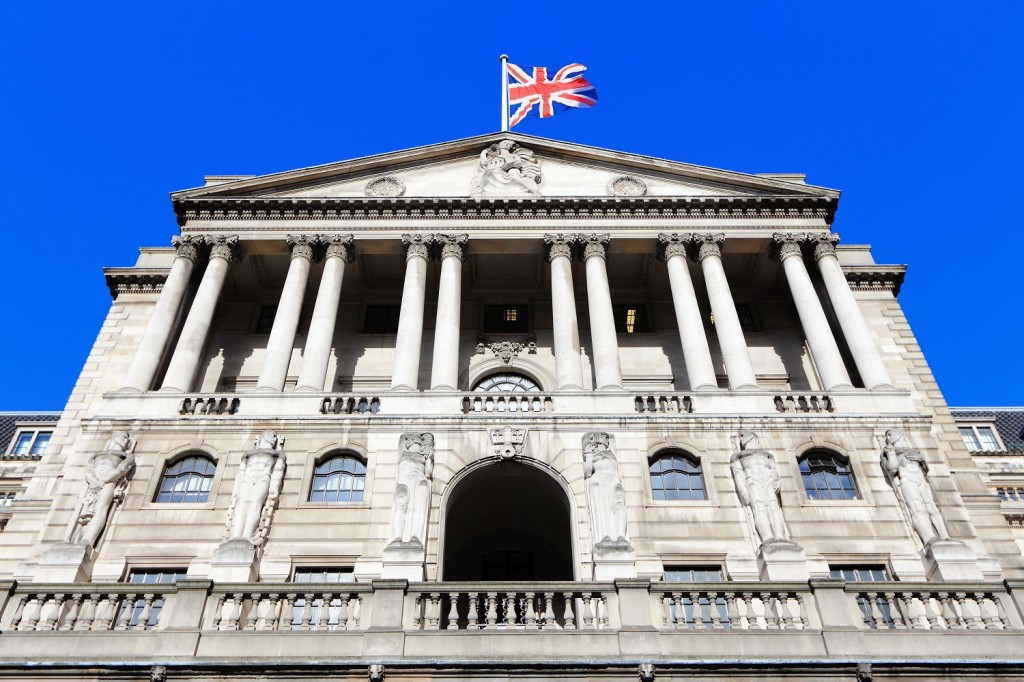
Brokers grudgingly accepted the Bank of England’s (BoE) move to lift interest rates by 25 basis points to 4.25% — which came 24 hours after rising prices caught UK markets off guard.
The 11th rate rise in a row from the BoE’s Monetary Policy Committee comes as the central bank bids to battle inflation.
This measure of rising prices spiked unexpectedly yesterday to 10.4% in February, up from 10.1% in January, according to the Office for National Statistics.
Yesterday also saw the US central bank raise interest rates by 25bps to a target range of between 4.75% and 5%.
However, at the start of the week, forecasters had hoped a rate rise might be put on hold, after a flurry of bank failures and forced mergers – including SVB in the US and Credit Suisse in Switzerland – by lenders whose balance sheets were unprepared for rates that have risen over the last year. HSBC bought SVB’s UK unit for £1 on Monday.
Also at the start of the week, the BoE, along with several other major central banks, said it would boost market liquidity by increasing US dollar swap operations to daily from weekly to “ease strains in global funding markets” to avoid contagion.
The Monetary Policy Committee says that the central bank’s Financial Policy Committee judges that the UK economy “remains resilient”.
The FPC adds that “the UK banking system maintains robust capital and strong liquidity positions, and is well placed to continue supporting the economy in a wide range of economic scenarios, including in a period of higher interest rates”.
R3 Mortgages director Riz Malik says: “We need this rate rise as much as [former Prime Minister] Boris [Johnson] needs another party. However, the Bank of England has a mandate to follow and after yesterday’s inflation figures, there was little they could do.”
Coreco managing director Andrew Montlake points out: “In the past few days, we have seen the contradictory effects of a banking drama pushing rates down on the one hand, and the surprise rise in inflation pulling in the opposite direction.
“These opposing forces left the Bank of England with no real choice but to increase rates as expected by 25bps, with doing nothing, not an option and 50bps going too far.
“What happens next is speculation, but the Bank of England should now take a proverbial time-out and give both the public and the markets time to breathe and settle.”
Stonebridge chief executive Rob Clifford adds: “We already seem like a long way from last week’s Office for Budget Responsibility forecast for inflation to be 2.9% by the end of the year, and we will need to see some sharp falls in inflation in the months ahead, before there is any thought of the base rate being cut.”
But some fear that the struggle to combat inflation might tip the UK into an unnecessary recession.
Rowley Turton chartered financial planner Scott Gallacher argues: “While the Bank of England’s decision to raise interest rates to 4.25% may be aimed at controlling inflation, it risks killing UK businesses and hurting consumers.
“The policy of continually raising rates to control inflation has not worked, as evidenced by the surprise increase in inflation to 10.4%. The Bank of England now needs to consider whether continuing to raise rates is appropriate.
“While controlling inflation is important, it shouldn’t come at the cost of the UK economy and its people.
“The Bank of England should adopt a more measured approach that considers the impact on businesses and consumers rather than continuing to rely on the hammer of ever-higher interest rates to try and nail down inflation.”



